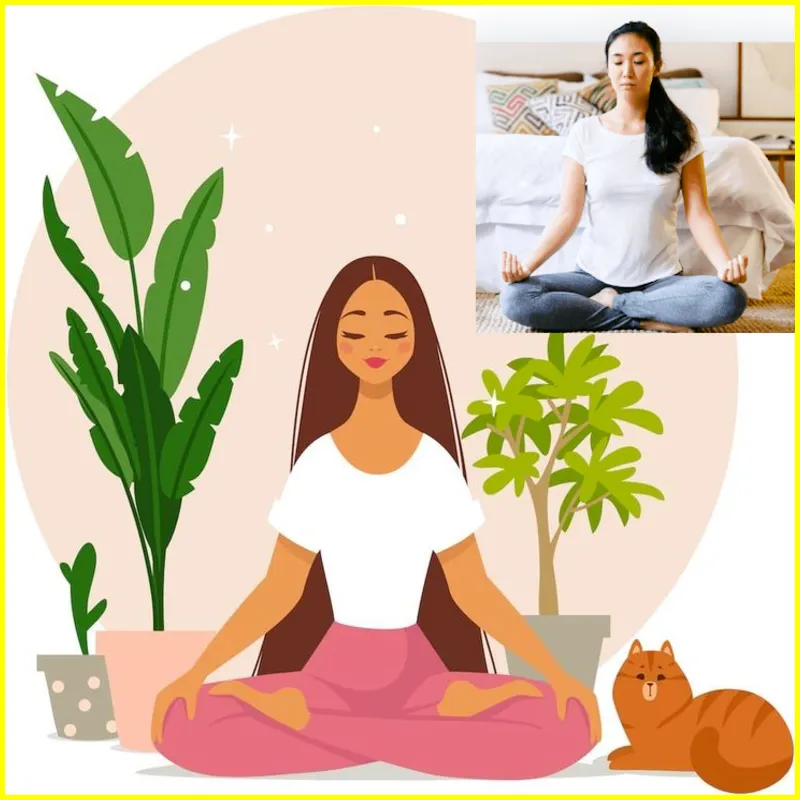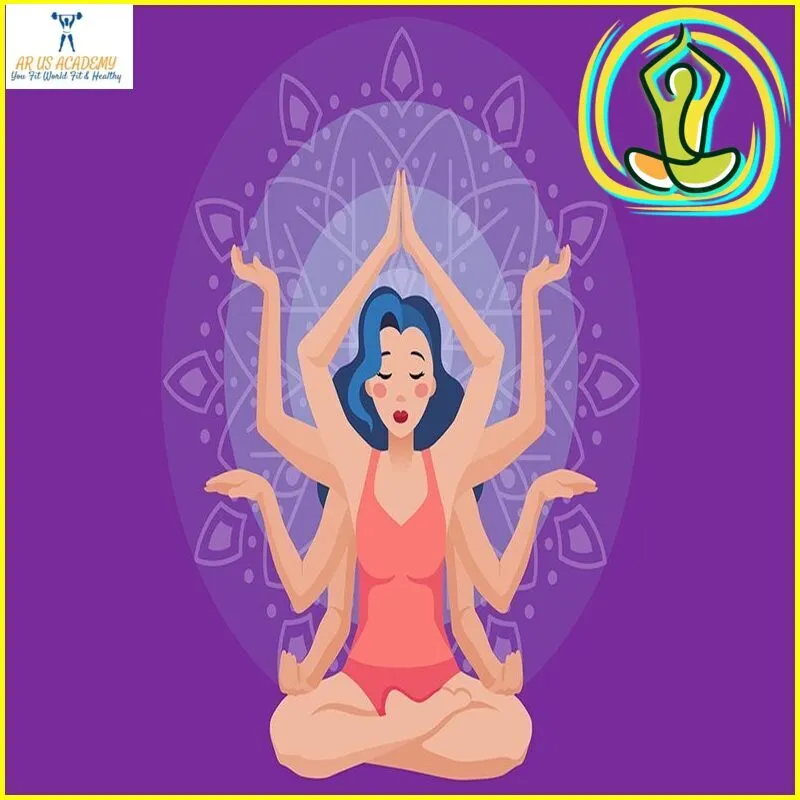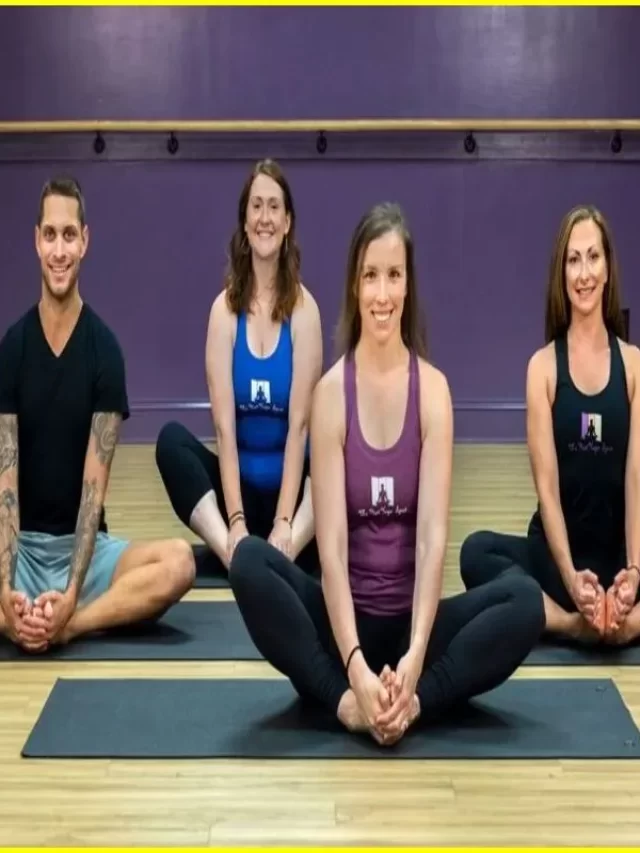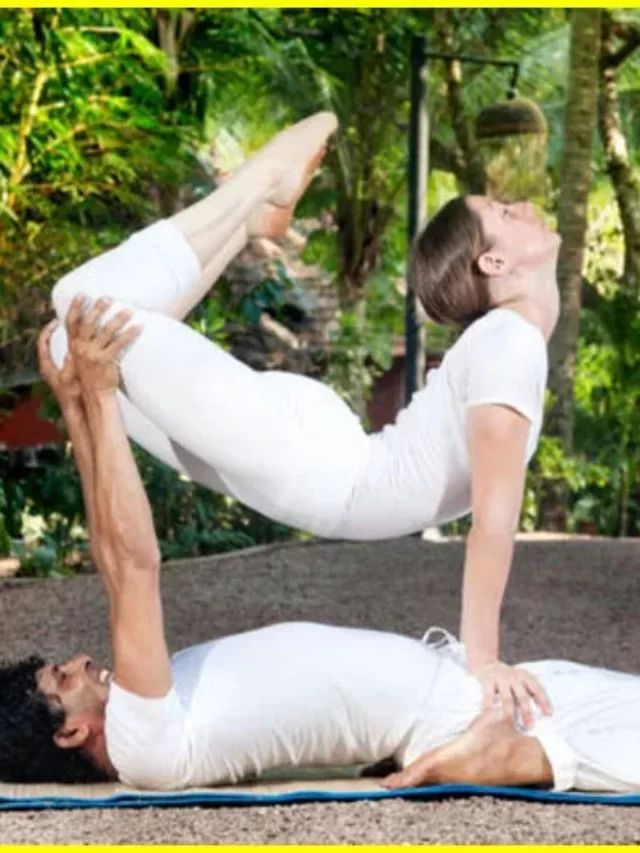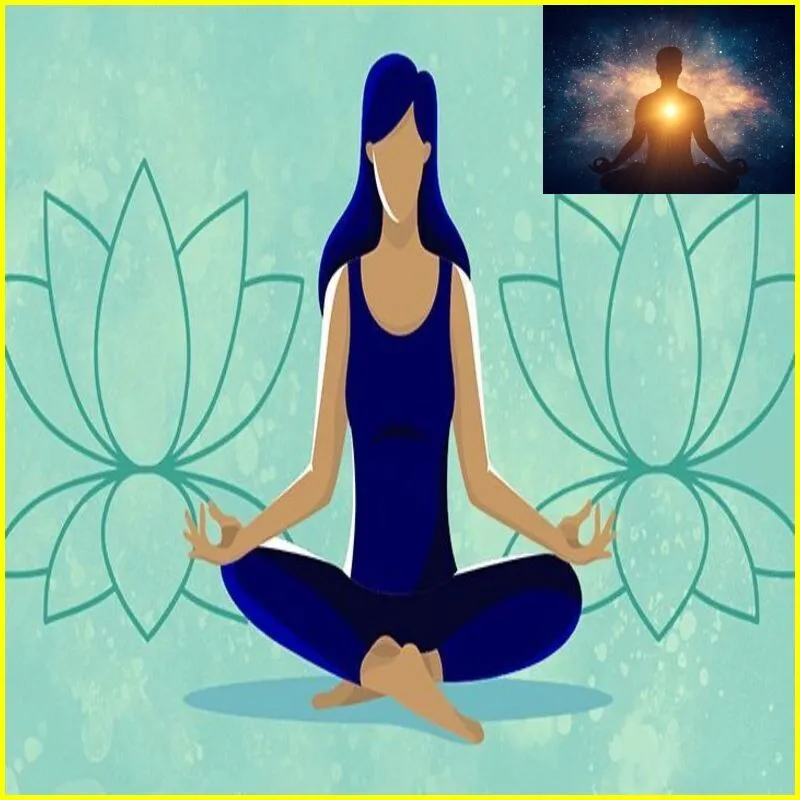
What is the Meditation definition and meaning Best Benefit 23
What is the Meditation definition
For centuries, meditation has been used to help people relax, reduce stress and anxiety, and bring clarity to their lives. But what exactly is meditation? In this article we’ll dive into the definition and meaning of meditation, looking at its origins, purpose, and the four key elements that make it so powerful.
What is Meditation Definition?
Meditation is an ancient practice that has been used for centuries to promote inner peace and well-being. The basic definition of meditation is the act of focusing one’s attention on a particular object or thought in order to achieve a state of mental peace. There are many different types of meditation, but the goal is always the same: to calm the mind and body, and achieve a sense of inner peace.
Meditation has been shown to have many health benefits, including reducing stress, improving sleep quality and increasing overall happiness levels. It can be practiced by anyone, regardless of religious beliefs or spiritual affiliation. If you’re new to meditation, there are many resources available to help you get started, including books, apps, and online tutorials.
Meditation can be a great way to cultivate inner awareness, relaxation, and self-compassion. With regular practice, meditation can help you achieve greater mental clarity and focus while reducing stress, anxiety, depression, and other negative emotions.
Article About:- Health & fitness
Article About:- Medical Technology
Article About:- IR News
Article About:- Sports

Benefits of Meditation
Meditation has been shown to have a number of benefits for mental and physical health. Studies have shown that meditation can help to reduce stress, anxiety, and depression. Meditation has also been shown to improve focus and concentration, and to increase self-awareness and self-compassion.
How to Meditate
Meditation is an act of focusing your attention in order to achieve a state of mindfulness. There are many different ways to meditate, but the goal is always to clear your mind of distractions and focus on the present moment. In order to learn how to meditate, it is important to find a comfortable place to sit or lie down. You may want to close your eyes and focus on your breath. Alternatively, you can focus on a mantra or a certain word or phrase that you repeat to yourself. It is also helpful to set a timer for your meditation so that you don’t have to worry about the time passing.
Meditation FAQs
How do I meditate?
There is no one answer to this question as everyone experiences and practices meditation in their own unique way. However, some helpful tips on how to get started with meditation include finding a comfortable place to sit or lie down, closing your eyes, and focusing on your breath. It can also be helpful to set a timer for yourself so that you don’t have to worry about keeping track of time. Once you’ve settled into your practice, simply let go of any thoughts or distractions that come up and focus on the present moment.
-What are the benefits of meditation?
Meditation has many potential benefits including reduced stress and anxiety, improved focus and concentration, increased self-awareness, improved sleep quality, and more.
What is the definition of meditation?
Meditation is an ancient practice that has been used for centuries to promote relaxation, inner peace, and self-awareness. There are many different types of meditation, but the basic premise is to focus your attention on a single object or mantra while gently pushing away any intrusive thoughts. Meditation can be done seated, lying down, or even walking.
What are the benefits of meditation?
Meditation has been shown to offer a number of health benefits, both mental and physical. Regular practice can help to reduce stress and anxiety, improve sleep quality, boost immunity, and increase focus and concentration. Additionally, meditation can also promote feelings of wellbeing and compassion.
How do I start meditating?
There is no one right way to meditate – it’s important to find a method that works best for you. If you’re new to meditation, it may be helpful to start with guided meditations or classes before trying to meditate on your own. Once you have a basic understanding of how to meditate, you can experiment with different techniques and find what works best for you. meditation definition psychology.
